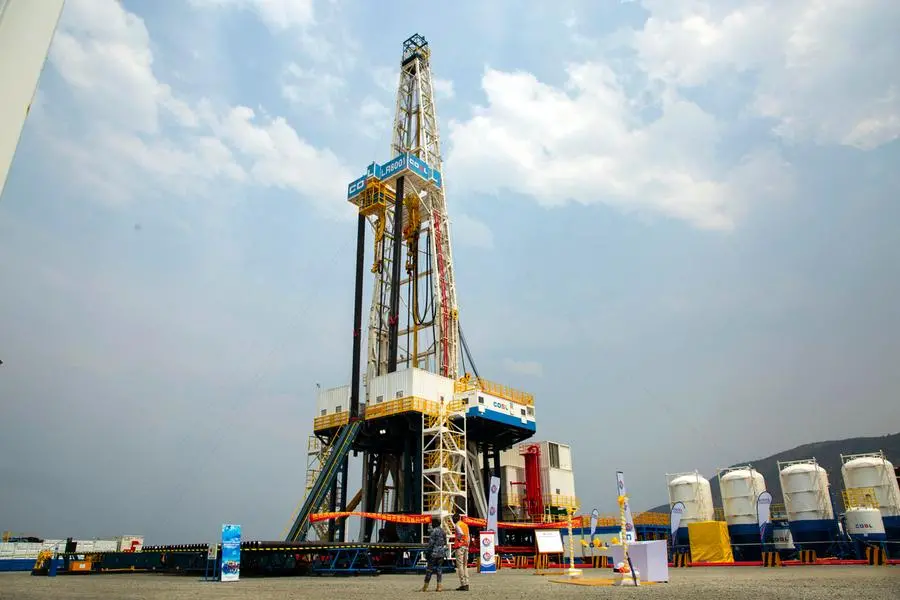PHOTO
Uganda says its oil dream is alive despite intensified criticism from several groups, which this week lodged a complaint in the US against insurer Marsh that is brokering underwriting services for the $5 billion East African Crude Oil Pipeline (Eacop).
On February 7, at least 10 human rights and environmental groups in Uganda and Tanzania accused Marsh of violating guidelines for responsible business conduct for the company’s role in Eacop. The complaint was lodged with the US National Contact Point at the Department of State.
Last year, financial services provider Britam Uganda dropped out of the insurance consortium for Eacop after a complaint was filed at the World Bank office, alleging the insurer breached International Finance Corporation performance standards.
The complaint against Marsh came barely a week after Eacop completed acquisition of 47.22 acres of land in Kakumiro District for the main camp and pipe yard site.
In the meantime, construction of the coating plant is also ongoing at Nzenga, Tanzania, officials said.
Project’s sponsors readinessEacop managing director Martin Tiffen signalled readiness by the project’s sponsors to conclude land acquisition processes by mid-2023 to pave way for construction of the 1,443km pipeline that starts from Hoima in western Uganda to Tanzania’s Indian ocean Tanga Port.
The project’s critics allege that Eacop has displaced about 100,000 people without compensation, but Tiffen said 81 percent of the project-affected persons in Uganda have signed compensation agreements, while 69 percent have received payment.“An insurance broker’s role is often invisible to the public, which allows them to avoid accountability, but Marsh deserves to be scrutinised,” said Coleen Scott, legal and policy associate at the Inclusive Development International (IDI).
The US-based IDI is one of the forces backing non-governmental organisations in Uganda and Tanzania that have put pressure on sponsors of Eacop to abandon the project on climate and human rights basis.
GuidelinesA summary of the complaint says that Marsh should be scrutinised based on OECD guidelines, which set out principles and standards for responsible business conduct across a range of issues, including human rights and the environment. While the guidelines are non-binding, they are an important and widely accepted international standard for ethical business conduct.
On January 24, as Uganda launched its first drilling rig for the Chinese-operated Kingfisher oilfield, police blocked a public debate on the impacts of Eacop and arrested its organiser Bob Barigye, which IDI claims is a sign of increasing repression against critics of the project.
The complaint also argues that Marsh is going ahead to broker insurance for the project on the back of inadequate consultations with the affected communities and threats to natural resources. © Copyright 2022 Nation Media Group. All Rights Reserved. Provided by SyndiGate Media Inc. (Syndigate.info).





















